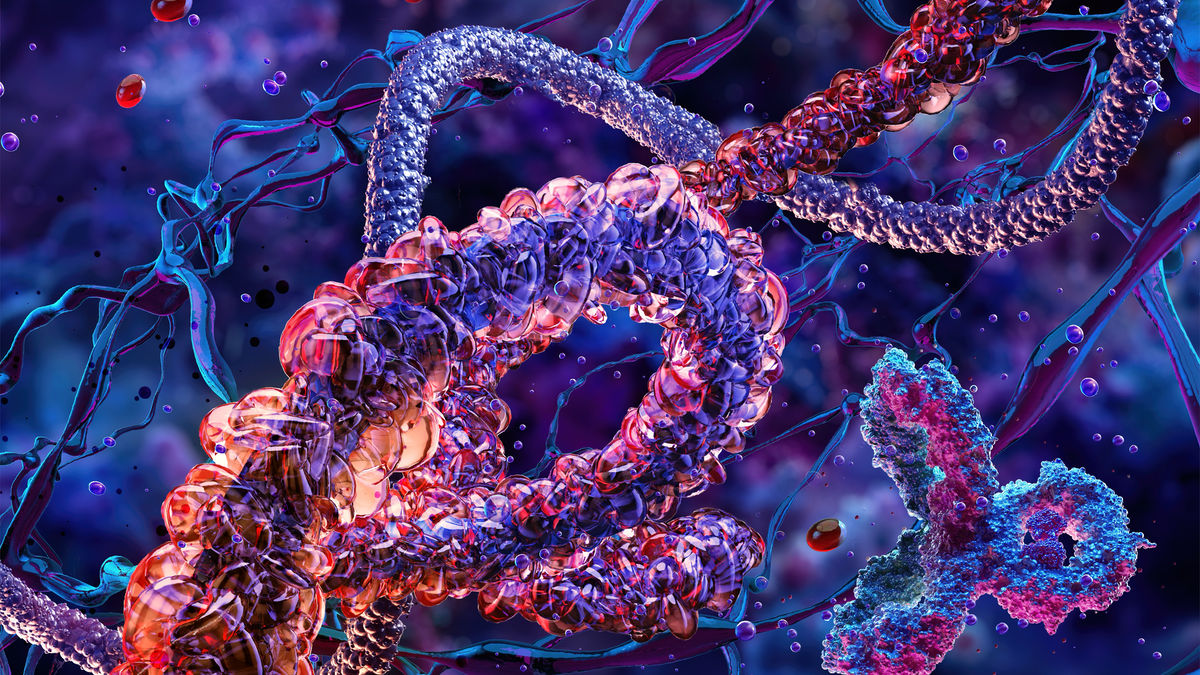Artificial Intelligence
Hands on with Google DeepMind’s Nobel prize-winning AI
A professor of molecular biophysics at King’s College London believes AlphaFold will revolutionise health research.

The revolutionary impact of AlphaFold in molecular biology
The game-changing AlphaFold
- AlphaFold, a deep learning machine developed by Google’s AI research lab DeepMind, is reshaping our understanding of molecular biology.
- The 2024 Nobel prize in chemistry was awarded partly to David Baker from the University of Washington and jointly to Demis Hassabis and John M. Jumper from Google DeepMind in London.
- AlphaFold’s significance to researchers is profound due to its ability to rapidly reveal protein structures that would otherwise take months or years of laboratory experimentation.
The importance of protein structures
- Proteins, essential to biology, are made up of amino acid chains that fold into intricate shapes crucial for their function.
- AlphaFold’s prediction of protein structures, previously a time-consuming process, lays the groundwork for innovative medical treatments and drug development.
Technology advancements in protein research
- Historically, determining protein structures relied on laborious experimental methods, but AlphaFold has revolutionized this by predicting structures at unprecedented speeds.
- AlphaFold was trained on protein structures obtained through techniques like X-ray crystallography, enabling it to predict structures with remarkable accuracy.
Advancements in understanding protein dynamics
- AlphaFold3, the latest version of the software, allows for the prediction of dynamic protein structures, offering insights into protein function beyond static shapes.
- The collaboration between experimental biologists and computational scientists continues to enhance the accuracy and applicability of AlphaFold’s predictions.
Future implications
- The Nobel prize recognition elevates the pursuit of comprehending molecular machinery, with the potential to revolutionize medical advancements and human health outcomes.
Rivka Isaacson, Professor of Molecular Biophysics, King’s College London
This article is republished from The Conversation under a Creative Commons license. Read the original article.
Source: MyBroadband















